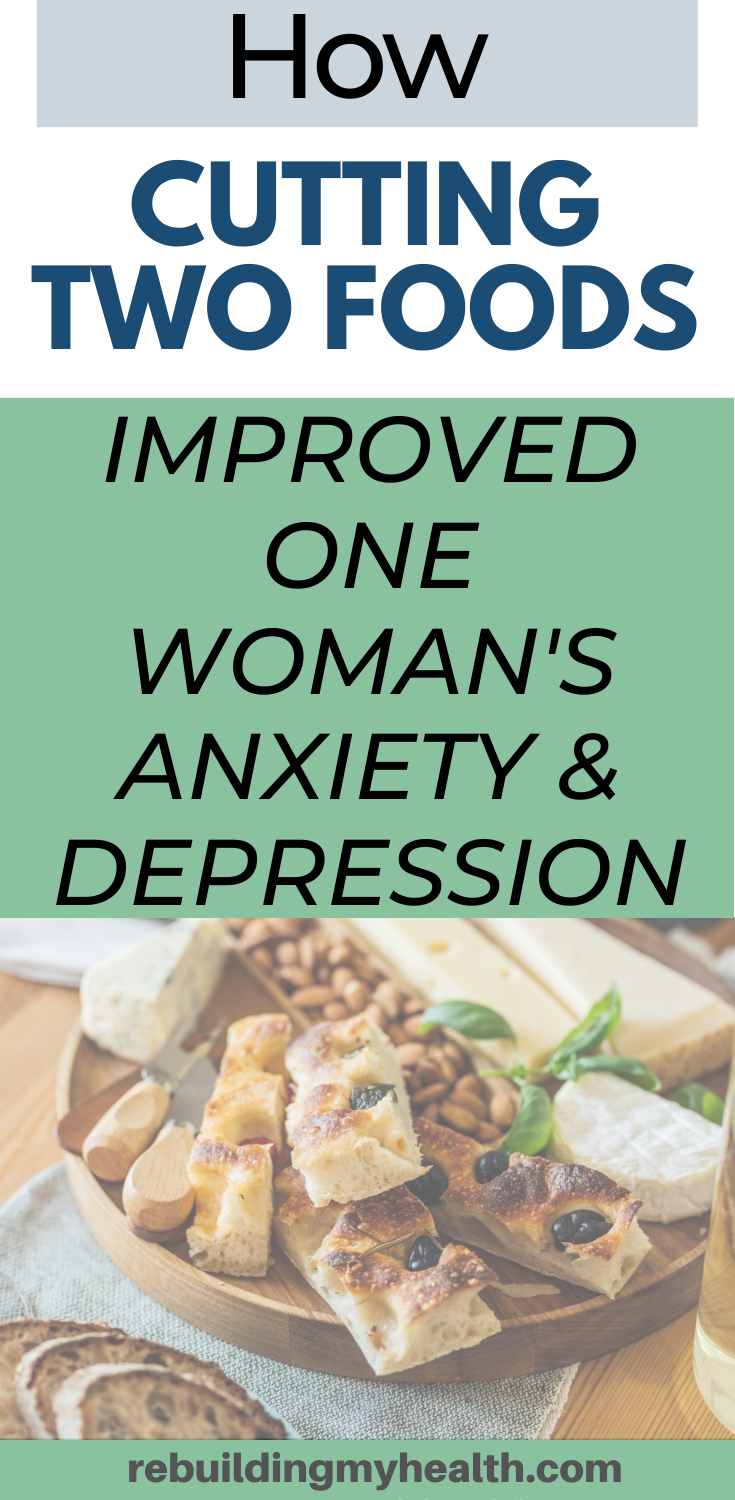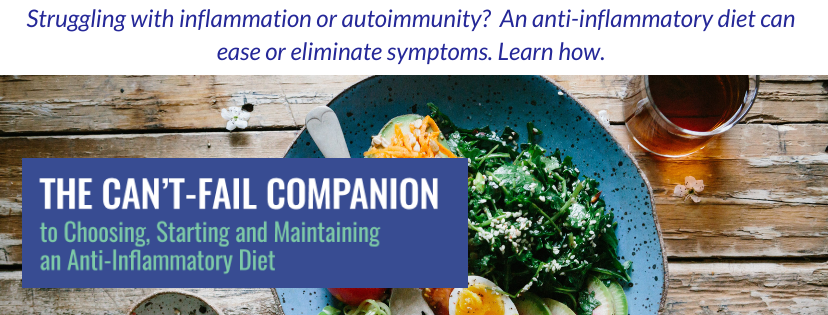How Cutting Two Foods Changed a Woman’s Moods
Carolyn* hadn’t experienced anxiety and depression, until life threw one punch after another.
She was hit with post-partum depression following the births of her son and daughter, about a year apart. Two years later, she suffered a traumatic brain injury in a car accident.
She went on to lose her job, be a victim of domestic violence, and eventually, to divorce.
It was a lot to bear in a relatively short amount of time – and her mental health suffered for it.
“All that caused me to have anxiety, depression and PTSD (post-traumatic stress disorder), and go on some serious anti-depressants and anxiety meds,” she says. “I hadn’t been a strong proponent of relying on medications, so being told I needed to go on meds to feel better was hard to accept.”
Diet Changes for Anxiety
Carolyn started medications for depression, and when needed, for spikes in anxiety.
“When I heard loud noises, because of the car accident, my anxiety would go through the roof,” she says. “I wasn’t being a good mother. I was yelling and losing control.”
She had always been a big proponent of talk therapy, but wasn’t seeing the results she wanted from it. She turned to a friend, Stephanie Small, a psychotherapist and nutritionist who specializes in mental health nutrition.
Carolyn hoped for help with both her mental and digestive health, including diarrhea, constipation, gas and bloating.
Small suspected that cutting wheat and dairy would smooth out Carolyn’s digestion – and possibly her moods as well. Small explained that wheat and dairy can cause inflammation, which can in turn increase anxiety and depression.
“Inflammation in the gut is tied to depression and anxiety,” Small says. “When we heal the gut, symptoms can dramatically drop or are eliminated.”

No More Anxiety Meds
Carolyn eliminated wheat and dairy from her diet. Within days, she noticed improved digestion – after years of an unhappy gut.
By four weeks, she realized she no longer had spikes in her anxiety.
“By making those two really simple changes, I got my anxiety to a controllable level where I didn’t need to take medication for anxiety,” Carolyn says.
Unlike soy, which is an allergy for Carolyn, wheat and dairy were clearly sensitivities for her.
Along with diet changes, she increased her exercise, which can help boost feel-good neurotransmitters in the brain. She walks, bikes, skis and snowboards, which helps clear her head.
Additionally, Carolyn started sleeping more restfully. She would wake after a full night’s sleep and feel well-rested, unlike before.
Food Dyes and Child Behavior
Carolyn has remained off anxiety meds but continues taking an anti-depressant.
In addition to her own progress, she found surprising help for her 7-year-old son. When she removed food dyes – particularly red and blue – from his diet, he no longer had tantrums and irritability.
“We cut out food dyes and it’s almost like a light switch,” she says. “All of a sudden, he’s the sweet little boy I know he is.”
Carolyn never would have expected that cutting out a couple of food types would make such a big impact on her moods and her son’s.
“I just wish more people talked about how diet and nutrition can impact your life,” she says. “It’s comforting to know that mental health is being talked about more and more and not stigmatized like it used to be.”
If you liked this story, you might enjoy: Low Blood Sugar a Surprising Trigger for Young Woman’s Anxiety.
*This individual’s name has been changed to protect privacy.
The information on this site is for educational and inspirational purposes only and is not intended to replace the advice of qualified professionals. Keep in mind that what works for one person may not work for another. Always consult your healthcare practitioners before beginning new approaches or treatments. Some links on Rebuilding My Health may be affiliate links. This means that we may receive a commission - with no additional cost to you - if you make any purchases using those affiliate links. Rebuilding My Health is a participant in the Amazon Services LLC Associates Program. Learn more.


